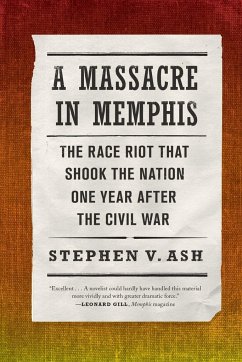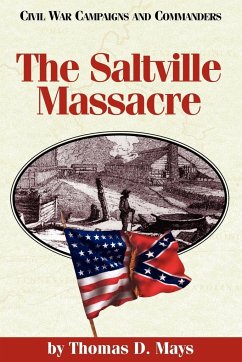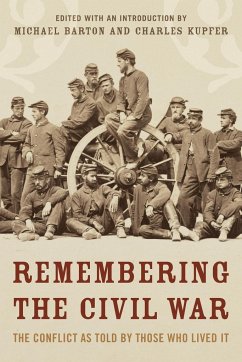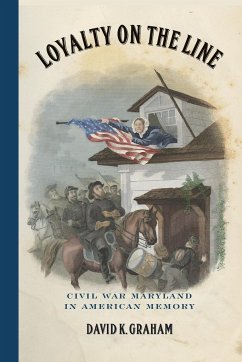
Remembering the Memphis Massacre
An American Story
Herausgeber: Bond, Beverly Greene; O'Donovan, Susan Eva
Versandkostenfrei!
Versandfertig in 1-2 Wochen
30,99 €
inkl. MwSt.

PAYBACK Punkte
15 °P sammeln!
On May 1, 1866, a minor exchange between white Memphis city police and a group of black Union soldiers quickly escalated into murder and mayhem. Changes wrought by the Civil War and African American emancipation sent long-standing racial, economic, cultural, class, and gender tensions rocketing to new heights. For three days, a mob of white men roamed through South Memphis, leaving a trail of blood, rubble, and terror in their wake. By May 3, at least forty-six African American men, women, and children and two white men lay dead. An unknown number of black people had been driven out of the cit...
On May 1, 1866, a minor exchange between white Memphis city police and a group of black Union soldiers quickly escalated into murder and mayhem. Changes wrought by the Civil War and African American emancipation sent long-standing racial, economic, cultural, class, and gender tensions rocketing to new heights. For three days, a mob of white men roamed through South Memphis, leaving a trail of blood, rubble, and terror in their wake. By May 3, at least forty-six African American men, women, and children and two white men lay dead. An unknown number of black people had been driven out of the city. Every African American church and schoolhouse lay in ruins, homes and businesses burglarized and burned, and at least five women had been raped. As a federal military commander noted in the days following, "what [was] called the 'riot'" was "in reality [a] massacre" of extended proportions. It was also a massacre whose effects spread far beyond Memphis, Tennessee. As the essays in this collection reveal, the massacre at Memphis changed the trajectory of the post-Civil War nation. Led by recently freed slaves who refused to be cowed and federal officials who took their concerns seriously, the national response to the horror that ripped through the city in May 1866 helped to shape the nation we know today. Remembering the Memphis Massacre brings this pivotal moment and its players, long hidden from all but specialists in the field, to a public that continues to feel the effects of those three days and the history that made them possible.













